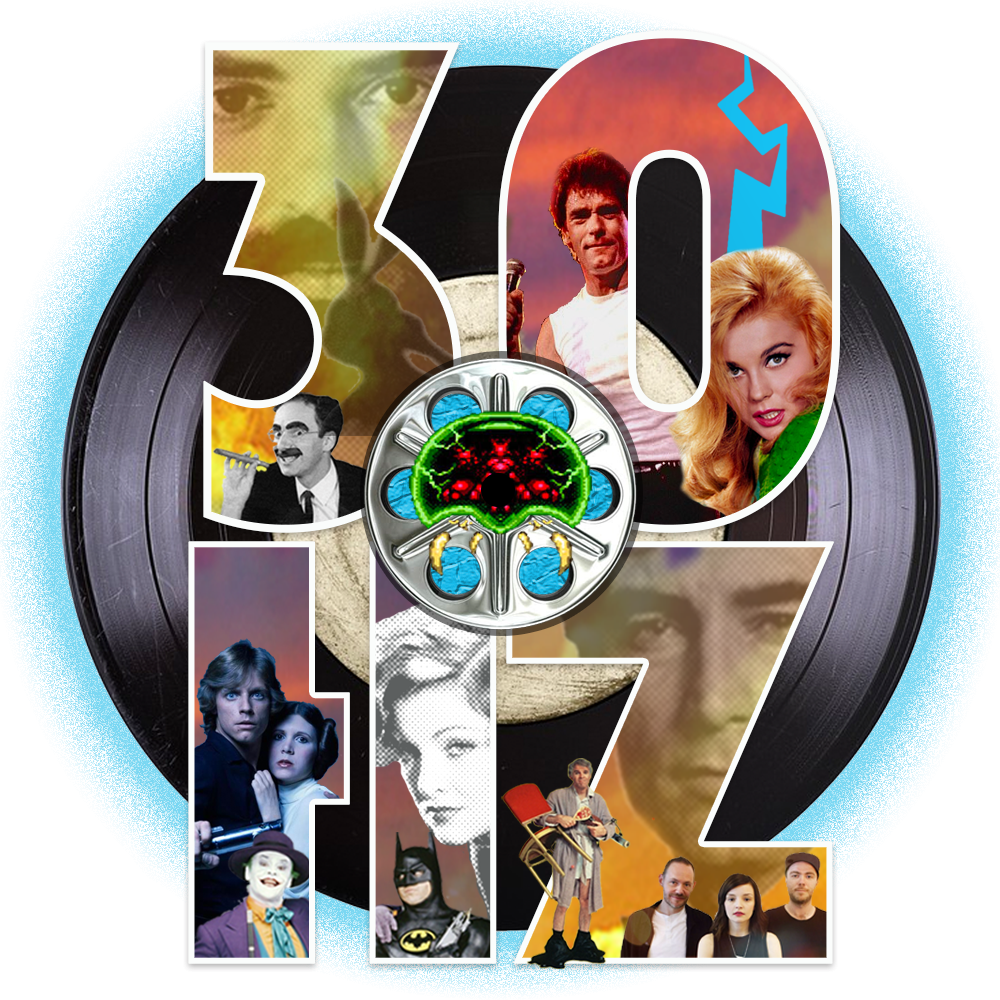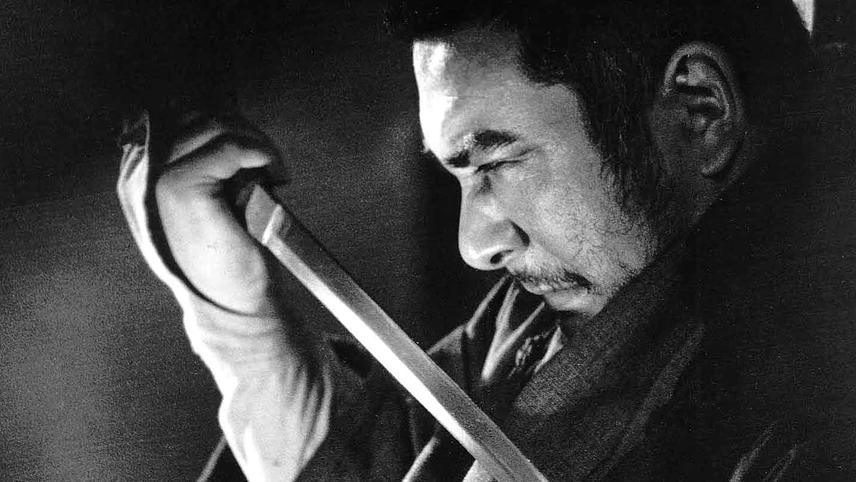If you’ve been reading this bl-g for any amount of time, you may recall that I founded this Interweb space on the premise that I would write about music and my rediscovery of vinyl records as part of my recovery from a bout of depression and anxiety that occurred in 2010. I know the exact date, you see, because I’d just returned home from the movies. I’d seen Black Swan on it’s opening weekend. I came home that night and after a short conversation with my wife about the movie, I broke down. I’d been experiencing these symptoms of depression for about a month by this point, but I couldn’t put the feelings into words, nor did I truly understand what was happening to me. I told her that I didn’t know what was wrong, that I knew I’d been distant. The things which had made me happy no longer had value. I’d largely stopped watching movies, reading or listening to music. I hadn’t been able to write. I told her I didn’t know what to do to make myself better. It felt very confessional. She says what shocked her the most about that night was when she asked if I wanted to see a therapist. Without hesitation I said, “Yes.”
After six-plus months of conversations with my therapist, I finally considered myself recovered. I continued to attend sessions for over a year, however. I’ve remained emotionally well (with one or two minor lapses) ever since. The existence of this bl-g represents the first step taken toward recovery. It reinvigorated my writing and gave me a focus again. Writing about music, just for the love of music, kickstarted my first steps toward wellness. As I dove into the vinyl hobby, I started going to concerts again. I wrote about all of it. I explored new music and what music had meant to me as a child as an 80’s youth. I wrote about the nostalgia that still fulfilled me.
Somewhere along the way, writing about music, however, became less fulfilling.
I don’t spend less time listening to new releases or scouring record bins for hidden gems. I just stopped writing about music.
Anyone who has spent any time writing knows that the endeavor is a very solitary activity. When writing and submitting fiction to literary magazations, publishers or agents, there’s no immediate response. Often not even denial. Often there’s just the kind silence that hurts more than negativity. Each and every story or novel is a slog with only the sound of that internal, nagging voice spurring you forward. Silence sides with that voice. Writing this bl-g proved helpful. Short bites of writing followed by immediate response. I was writing. People were reading when I wrote more about music and nostalgia. For awhile the topic of the vinyl resurgence held a regular audience.
But as my writing turned back toward new artists and new releases, response dwindled. I was again writing for the void. I didn’t need more silence in my life, so output lessened. I grew disinterested in the bl-g, and this space remained largely dormant until I conjured an idea for a post about some of that good old fashioned nostalgia. Even then, due to my less-than-regular posting schedule, I found myself begging for views. No one checks in if you’re not putting up words. Nor should they. That’s not what this is about, nor is it what I’d intended when I signed up for the writing-as-therapy gig.
If it’s not familiar, if it’s not already welcome or expected, it’s often not accepted.
But then there’s the other side of that coin. Much of my disillusionment stems from reading the greater oeuvre known as “music writing.” As “music writing” has grown, so too has criticism of music writing. We’ve reached a point with the proliferation of music blogs that criticism of criticism has become it’s own genre. I’m also implicated here. I read P-fork (as the spearhead of this particular genre of music writing) like rubberneckers view the aftermath of a traffic accident. I often blame P-fork for everything that ails music writing, but they’re not alone. This is part subjective disagreement and part fundamental discord. Even when I agree with the overall opinion of a review, I often can’t relate what I’ve just read to the music it intends to describe. Purple, expressive and flowery prose often aptly describes the feeling that a certain music inspires. P-fork (just as one example I apparently plan to beat like a rented mule) has allowed rampant negativity to cloud their reviews. “Listenable” has taken on a very negative connotation. Not all music has to break new ground. Not all music must “challenge” in order to justify its existence. Talented writers work in this music writing genre, but I more often than not feel that they’ve completely lost sight of the goal — to express their connection to the music — in favor of fostering aural elitism.
I’m generalizing, but I don’t have the time to write a full treatise here… so generalizations will have to do.
This culture of elitism has plagued music writing since the dawn of the Interwebs (probably before as well). The “I knew about this band when they were playing out of their garage” mentality spread. Soon it included the notion that most average humans haven’t yet developed the aural IQ necessary to appreciate said music/noise of choice. I’ve never to my recollection begrudged someone for “not getting” a particular artist or record. I believe, however, that music appreciation develops and adjusts over time. We become more discriminating, more appreciative of true greatness. Greatness does not require innovation. Greatness can be the evolution of something familiar or merely a catalyst for change. What I’m trying to say, through far too many words, is that music listeners, overall, need to listen to more music and rely less on the hyperbolic elitism fostered by the most visible of music writers.
This is where I radically change directions for a drastic juxtaposition (and to get to the point).
When I started writing about James Bond for The James Bond Social Media Project, I found connections that had eluded me while I wrote about music. Despite being joined at the hip, the online cultures for music and film couldn’t be more disparate. I’m sure others have had different experiences; I can only speak to mine.
When I started the #Bond_age_ live tweet series, I immediately made stronger connections than I had through two years of writing about music. There’s greater acceptance and exchange of new ideas and opinions. Guilty pleasures are discussed and accepted. Where social media has shifted the focus of film criticism and appreciation away from the tedious and nebulous elitism once fostered by a handful of film critics, it has only exacerbated that effect in music. As a result, I’ve gravitated toward writing about film — oddly enough where my writing began as a 15-year-old kid writing movie reviews for Mandel and Patrick’s Movie Corner.
My friend and I began writing that page in 1994 as high school freshman and continued until we went to college. Writing homegrown reviews now seems quaint at best, but this was 1994, goddammit. This was the future. We earned a full-page writeup in the Pittsburgh Post-Gazette and had our reviews syndicated by MTV’s Adam Curry (who at the time was more than just a forgotten punchline). Sadly little of that endeavor remains, only fossilized records in Google searches. We each wrote reviews for at least two movies per week. We even had our own Top 100 lists. I still have the PPG clipping, and you’ll occasionally see our names pop up in really random book citations, like this one for Accounting for Taste: Film Criticism, Canons, and Cultural Authority 1996-2006 by Jonathan D. Lupo.
:

…and you can still find us in many old-timey lists of favorite movie review sites that more closely resemble ancient Internet sea scrolls. That’s us down there in that list alongside the San Francisco Chronicle and Usenet! If you’re old enough to remember Usenet, you’ll also find that amusing. Or not. I’m no authority on outdated Internet humor.

Maybe writing about music was never my bag. Writing about music may have just served as that temporary dose of adrenaline to bring me back from the brink. It’s entirely possible I just don’t have the stomach and/or necessary disdain for humanity. For as long as I can remember I’ve written about movies; it was just James Bond brought it all back. Though I may never reach the lofty heights of Mandel and Patrick’s Movie Corner (some sarcasm intended), I’ve met people through talking and writing about movies whom I believe will remain lifelong friends and contacts beyond the Twitterverse, even when The James Bond Social Media Project too has also joined the legions of websites in the Interweb heavens.
Am I crazy in thinking that that’s what this is all about anyway? Are any of us doing it for fame or money? I hardly think so. Writing for free, writing with time that would otherwise be spent living AFK, all of this is about the connection with people who share similar passions. As long as this bl-g remains part-time therapy and subject to the whims and memes of my life, it will be about the movies, music, writing, literature and guilt-free nostalgia that fulfills me for just as long as the end result, the connection, justifies the effort.




